Robert Stacey Jr. ’72
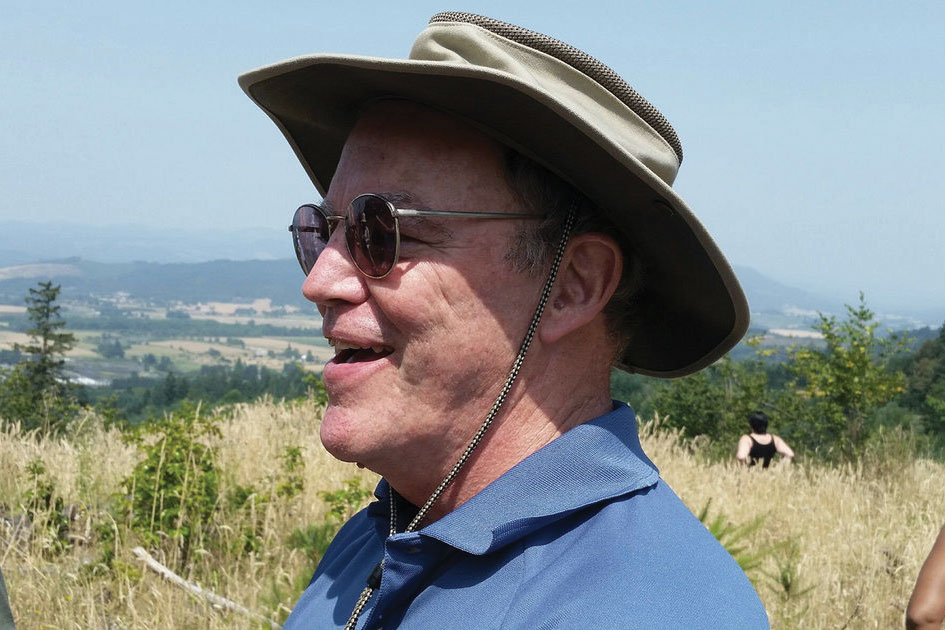
September 8, 2022, in Portland, Oregon, from the effects of meningioma.
For more than 50 years, Bob’s visionary commitment made Portland a national leader in sustainable growth. As an activist, advocate, planner, policy wonk, and public servant, he championed Oregon’s groundbreaking land use principles and served for nearly nine years on the Metro Council.
Bob grew up in Portland, but as the son of an army soldier, he spent long periods of time abroad, including most of high school in Frankfurt, Germany. After graduating from Parkrose High School, he started at Reed in the tumult of the late ’60s. He was a sophomore when the first Earth Day was held, and Bob remembered it as an initial pull toward environmental politics. He wrote his thesis, “Governmental Structure v. Environmental Planning: Bonneville Power’s Hydro-Thermal Program,” advised by Prof. Maure Goldschmidt [political science 1935–81].
Interested in public service, he went to law school at the University of Oregon to acquire skills in forming public policy. Bob interned with Henry Richmond, an attorney who founded 1000 Friends of Oregon. In an effort to keep the Willamette Valley from becoming an endless suburb from Portland to Eugene, Gov. Tom McCall launched the state’s land use planning program in the ’70s. He tasked Richmond with organizing an advocacy group called 1000 Friends of Oregon. When he graduated from law school, Bob was hired as a staff attorney for 1000 Friends, working on key pieces of litigation to get the right interpretations of statewide planning goals adopted. During his 11 years with the nonprofit, he rose to senior staff attorney. On behalf of 1000 Friends, he sued Metro to tighten restrictions on the region’s urban growth boundary.
He was at the forefront of 1000 Friends’ battles with the Rajneeshee cult’s attempts to take over Wasco County’s government and build a city on designated farmland near the town of Antelope, Oregon. A box of chocolates arrived at the 1000 Friends offices in Portland with a note signed “From the Friends of the Columbia Gorge.” Bob sampled the chocolates and called to thank the director of Friends of the Gorge, who replied, “We didn’t send you any chocolates.” He then got a call from one of his allies in Wasco County, who said, “Bob, we got a box of chocolates from 1000 Friends.” Bob didn’t get sick. But it wasn’t until after conducting a bioterror attack on the salad bars in The Dalles that sickened 751 people that the Rajneeshees gave up on their dream of a commune near Antelope.
In 1987, Bob became the executive assistant for City Commissioner Earl Blumenauer, and two years later became the director of the Portland Bureau of Planning. He was less focused on the day-to-day needs of developers and builders than he was captivated by the bigger picture of regional growth. Believing residents were beginning to see growth less as an evil than “as a way to make a better future possible,” he wanted to make Portland the least automobile-dependent, most compact, and most livable metropolitan area in North America. After five years with the city, he was booted out by Commissioner Charlie Hales for not getting along well enough with developers. A week later, he was invited to join Gov. Barbara Roberts’s staff as an adviser on land-use issues, and then served twice as Rep. Earl Blumenauer’s chief of staff in Washington, D.C.
In 1995, he joined the Portland law firm of Ball, Janik and Novack as a partner specializing in land-use and development cases, and then became president of the board of directors of the Oregon Environmental Council.
Two years later, he became Tri-Met’s top policy wonk and executive director for policy and planning. It was another link between the regional government and the founding era of Oregon’s land use program. In 2002, Bob was drawn back to 1000 Friends as executive director.
Bob lost a narrow race for Metro Council president to Tom Hughes in 2010. Two years later, he was elected to Metro Council District 6 and pursued his passions for affordable housing, the efficient use of land, and the protection of farms and forests. He advocated investment in a robust bicycle, pedestrian, and transit network and served on the Metro Policy Advisory Committee, the region’s roundtable on transportation. Bob advocated increased housing density and prioritizing affordable housing near MAX stations. He won reelection in 2020, but stepped down for health reasons in 2021. The City of Portland recognized his contributions to sustainable growth in the Portland area when it named a bicycle/pedestrian bridge the Bob Stacey Crossing in his honor.
Stacey is survived by his wife, Adrienne, and daughters, Amanda and Hesper.
Appeared in Reed magazine: December 2022
comments powered by DisqusFrom the Archives: The Lives they Led
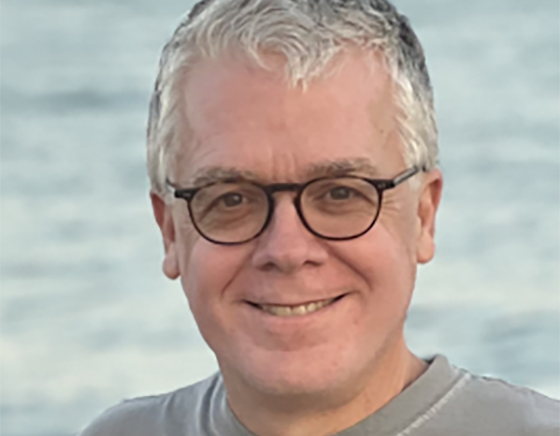
Frederick Dushin ’86
Frederick, an architect and software developer, embodied the intellectually adventurous spirit of Reed throughout his life.
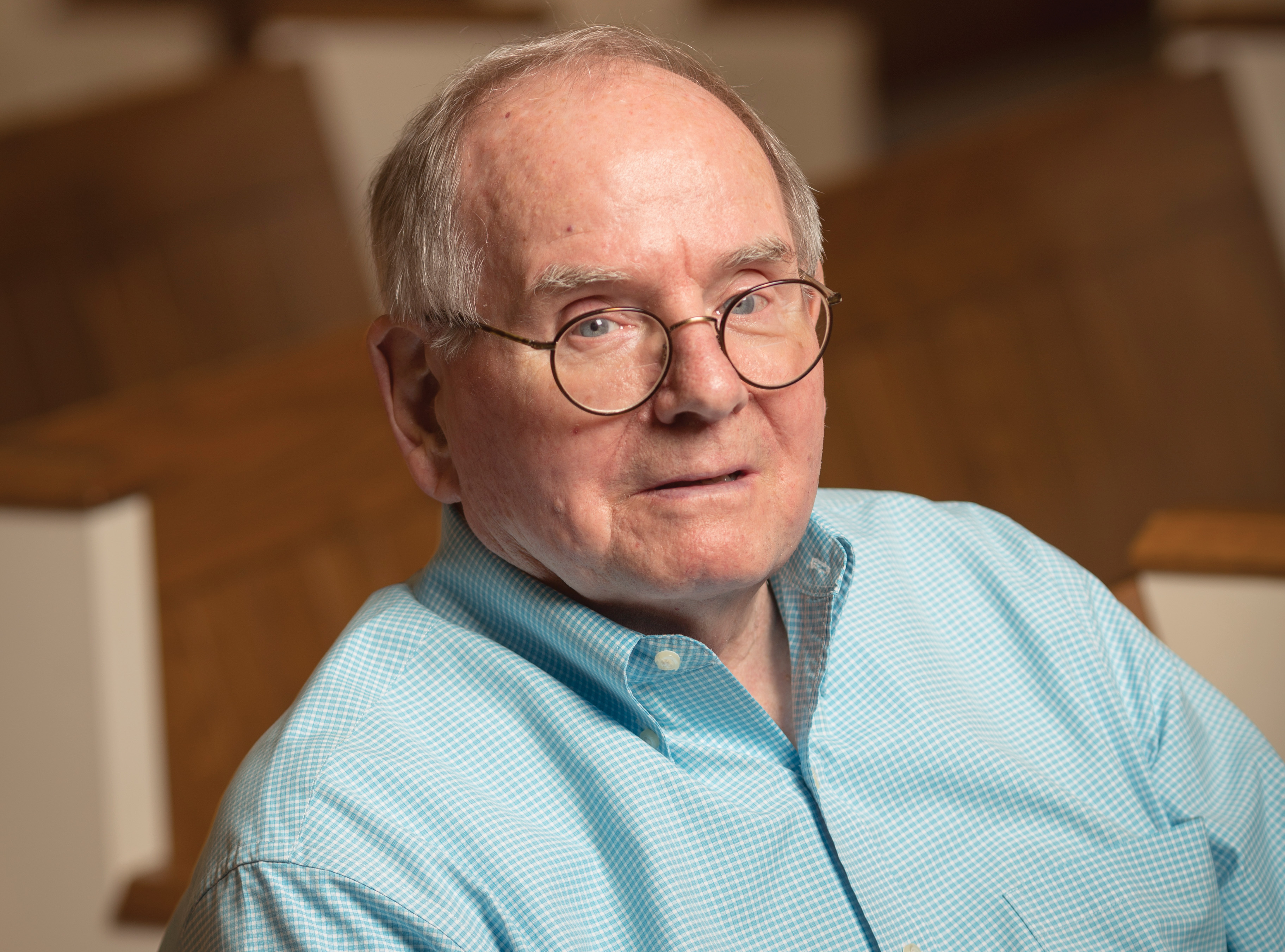
William Haden
As acting president of Reed from 1991 to 1992, William “Bill” R. Haden worked to strengthen Reed’s finances and improve alumni relations.
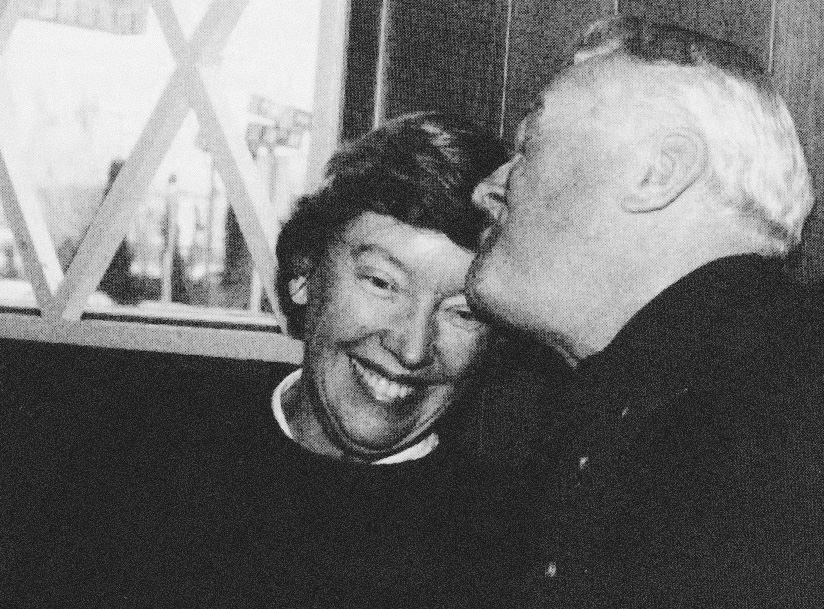
Nancy Horton Bragdon
Reed’s First Lady Whose Warmth and Leadership Were Invaluable During a Turbulent Time

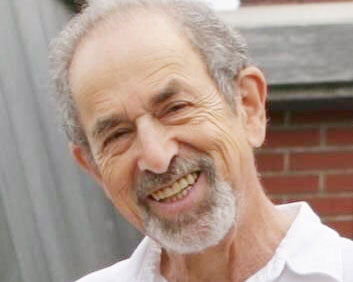
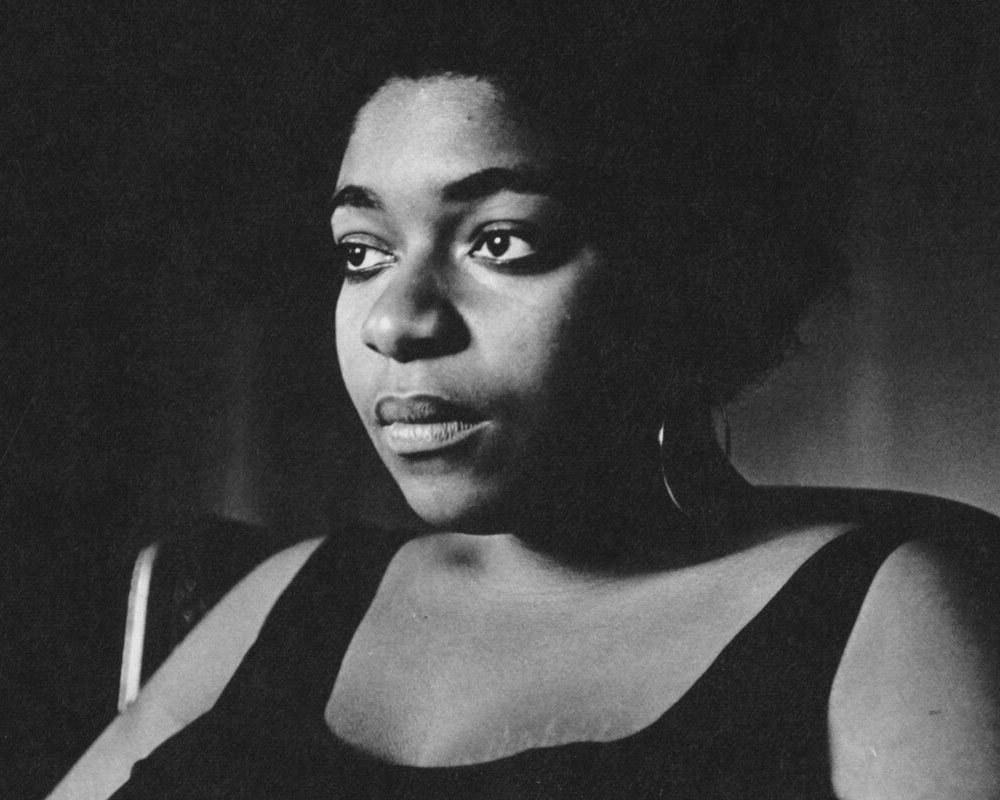


![Photo of Prof. Marvin Levich [philosophy 1953–94]](https://www.reed.edu/reed-magazine/in-memoriam/assets/images/2022/LTL-levich1.jpg)
![Photo of President Paul E. Bragdon [1971–88]](https://www.reed.edu/reed-magazine/in-memoriam/assets/images/2020/Bragdon.jpg)
![Photo of Prof. Edward Barton Segel [history 1973–2011]](https://www.reed.edu/reed-magazine/in-memoriam/assets/images/2020/Segel.jpg)








































































